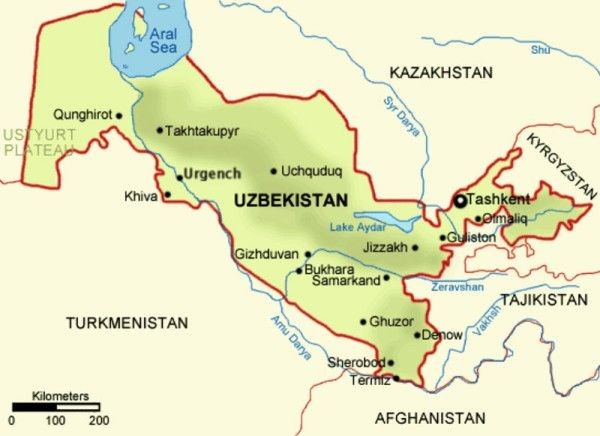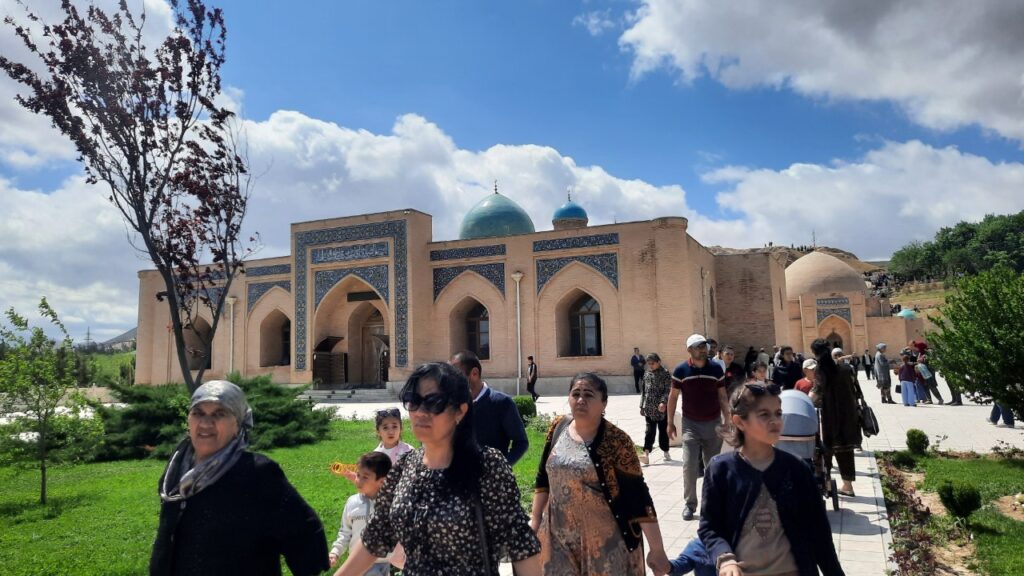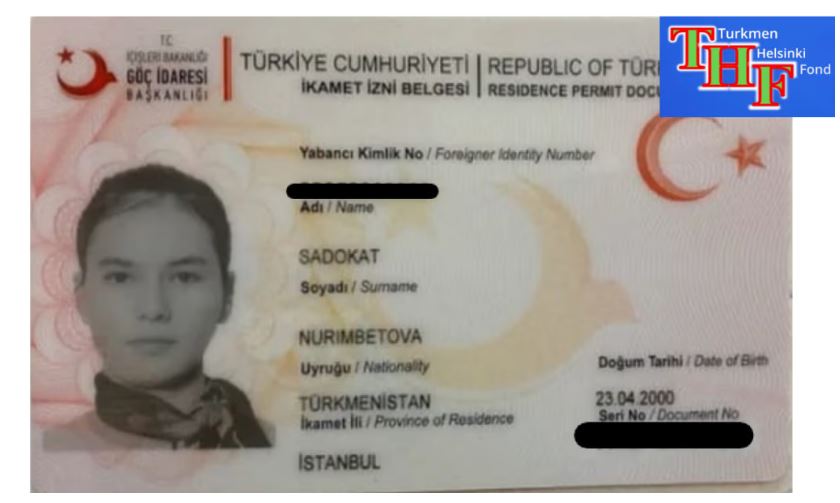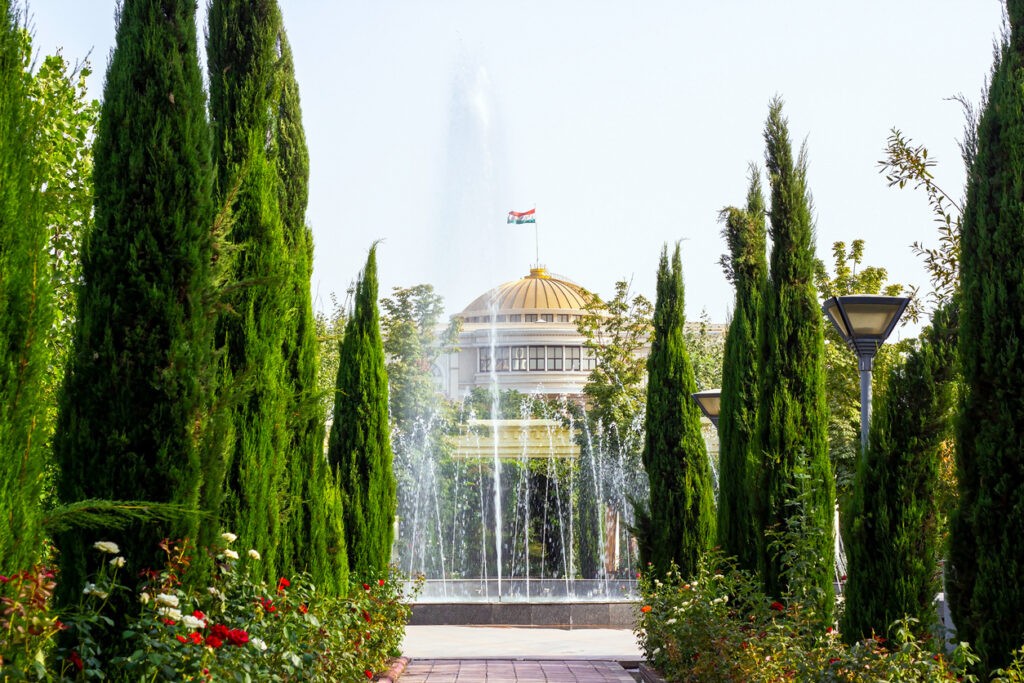TASHKENT (TCA) — A notorious, nearly 130-year-old jail in Uzbekistan’s capital Tashkent will be replaced by a park, RFE/RL’s Uzbek Service reported.
Under a resolution adopted by the Uzbek cabinet on March 22, the Tashtyurma detention center will be demolished in three months. The Justice Ministry said a park with recreation facilities and other amenities will be created in its place.
Tashtyurma prison was built in 1891 on the order of Imperial Russian Governor-General Aleksandr Vrevsky and is one of the oldest jails in Central Asia.
Human rights defenders have been saying that jail, whose official name is Detention Center No. 1, was dilapidated and that conditions there were extremely poor.
The inmates of Tashtyurma were moved to a newly built jail in the Zangiota district outside the capital in January.
Uzbekistan has a dire human rights record, with torture and politically motivated prosecutions widespread under late President Islam Karimov, who ruled with an iron fist for more than a quarter-century.
President Shavkat Mirziyoev, the longtime former prime minister who was handed the helm after Karimov’s death in 2016, has taken steps to reform the country’s justice and law-enforcement systems.
In other news, Uzbek human rights activist Musajon Bobojonov has been handed a suspended three-year prison sentence after being convicted on extremism-related charges that he rejects.
At a March 26 hearing, the Quva District Court in the Ferghana region found Bobojonov guilty of preparation, possession, distribution, and publication of materials threatening public security and order. It sentenced him the same day.
Bobojonov, the leader of the Ezgulik (Compassion) human rights group’s branch in the eastern city of Andijon, told RFE/RL that he will appeal the ruling.
Bobojonov went on trial on February 5 after investigators claimed that some materials they found in his computer had been defined by experts as containing elements of religious extremism and fundamentalism.
Bobojonov rejects the accusations, saying that he has never promoted religious extremism.
The activist, a graduate of the Tashkent State Institute of Oriental Studies and Cairo University, has said he is “aware of all negative impacts that wrong teachings can cause to our sacred faith.”
On February 26, the prosecutor in the trial asked the court to sentence the 51-year-old rights defender to four years in prison.








